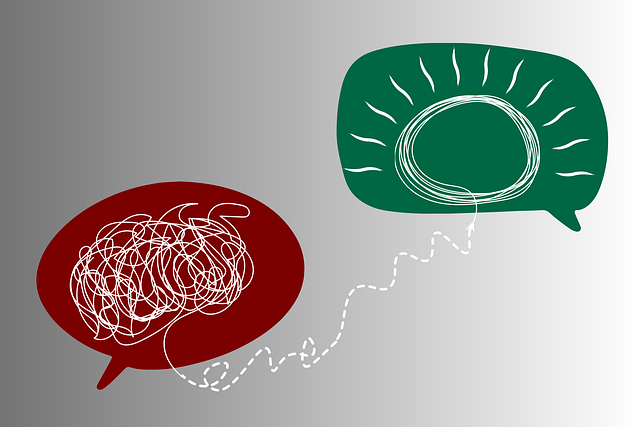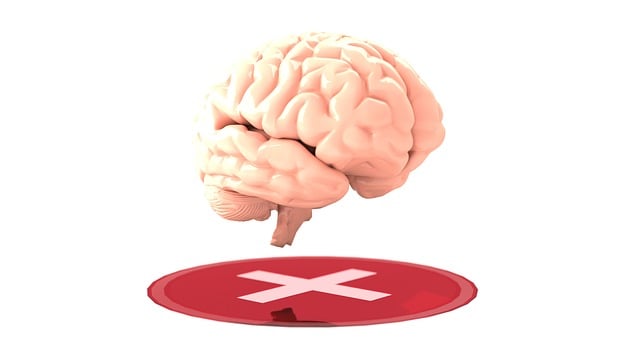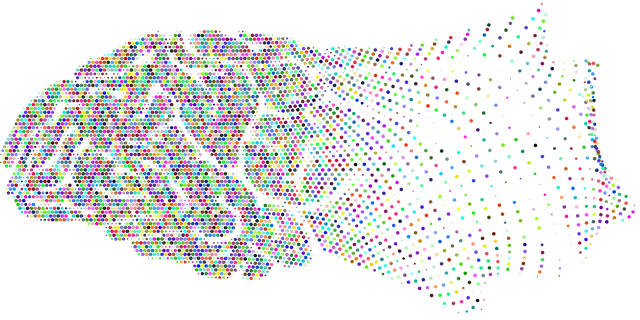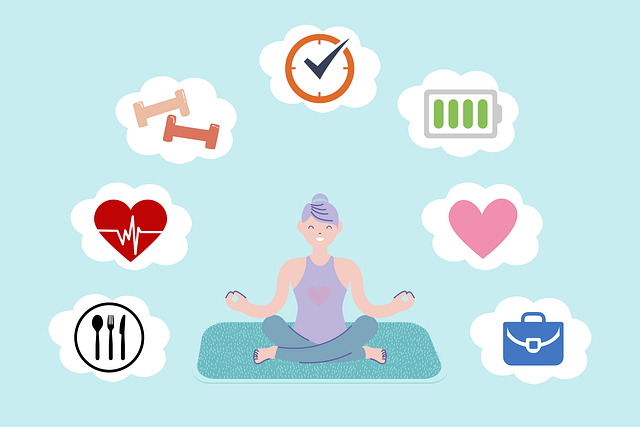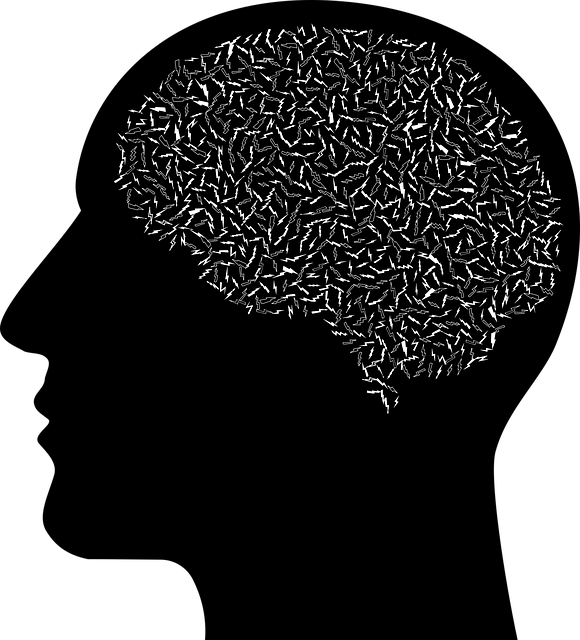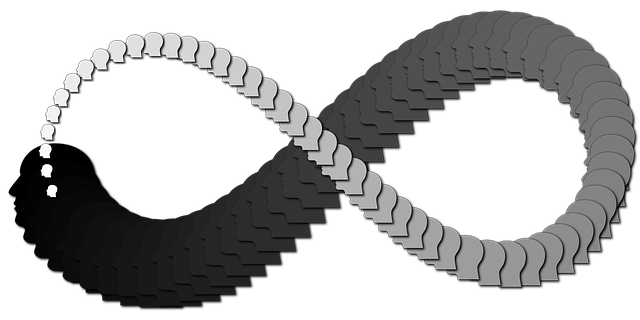Lafayette Psychosis Therapy offers a unique, supportive approach to mental wellness through group facilitation, creating a safe space for individuals to share experiences, learn from peers, and develop coping strategies. Their expertise in active listening, conflict resolution, and emotional intelligence fosters open dialogue and understanding, enhancing the program's overall effectiveness. They prioritize a holistic assessment of each participant's progress, combining quantitative data with qualitative feedback, to personalize care and promote lasting mental wellness.
Mental wellness group facilitation plays a pivotal role in fostering collective support and individual growth. This article explores key techniques for guiding such groups, focusing on Lafayette Psychosis Therapy as a model for success. We delve into understanding dynamic group behaviors, creating safe spaces, and tailoring care to unique needs. By examining these aspects, we aim to empower facilitators to deliver effective mental wellness support through group settings, enhancing well-being and resilience among participants.
- Understanding Mental Wellness Group Dynamics
- Lafayette Psychosis Therapy: An Overview
- Facilitation Techniques for Effective Support
- Creating a Safe and Inclusive Environment
- Measuring Success and Individualized Care
Understanding Mental Wellness Group Dynamics

Understanding mental wellness group dynamics is crucial for effective facilitation, especially in a setting like Lafayette Psychosis Therapy. Groups provide a unique environment where individuals can share experiences, gain support, and learn from one another. As a facilitator, it’s essential to create a safe and inclusive atmosphere that encourages open communication. This involves fostering emotional regulation among members, ensuring everyone feels heard and respected.
By promoting active participation and peer-to-peer learning, facilitators can enhance mental health awareness and help individuals develop valuable coping strategies. Group dynamics also offer an opportunity for stress reduction methods to be shared and practiced collectively, allowing members to build resilience and support systems. Through careful navigation of these dynamics, facilitators can create a powerful space for personal growth and positive transformation.
Lafayette Psychosis Therapy: An Overview

Lafayette Psychosis Therapy offers a unique and effective approach to mental wellness group facilitation. This therapeutic model emphasizes creating a supportive and safe space where individuals can explore their thoughts and emotions freely, fostering a sense of community and understanding. The process involves interactive discussions, guided meditations, and tailored mental wellness journaling exercises to help participants gain insights into their psyches and enhance self-awareness. By combining these techniques, facilitators aim to improve self-esteem, boost resilience against depression, and ultimately, promote holistic healing.
Through Lafayette Psychosis Therapy, groups navigate complex emotional landscapes together, providing a network of peers who can offer guidance, share experiences, and celebrate progress. This collaborative environment is designed to empower individuals with practical tools for managing stress, cultivating positive thinking, and building coping strategies that extend beyond the group setting. The therapy’s focus on self-esteem improvement and depression prevention makes it a valuable resource for anyone seeking to strengthen their mental resilience and cultivate a healthier, more fulfilling life.
Facilitation Techniques for Effective Support

Effective group facilitation is key to fostering a supportive environment for mental wellness coaching programs. One powerful technique is active listening, where facilitators pay close attention to each participant’s thoughts and feelings, creating a safe space for open dialogue. This simple yet profound method encourages members to express themselves honestly, helping others understand their experiences better. By reflecting on and paraphrasing individuals’ statements, facilitators demonstrate empathy and ensure everyone feels heard and valued.
Additionally, incorporating conflict resolution techniques and emotional intelligence into facilitation ensures smooth interactions. Facilitators can guide discussions on managing disagreements constructively, promoting healthy debates that enrich the learning experience. Emotional intelligence helps group leaders recognize and manage their emotions and those of others, creating a calm atmosphere conducive to sharing sensitive topics. These strategies, when applied by skilled facilitators like those at Lafayette Psychosis Therapy, can greatly enhance the overall effectiveness of mental wellness groups, fostering growth, understanding, and solidarity among participants.
Creating a Safe and Inclusive Environment

Creating a safe and inclusive environment is a cornerstone of effective mental wellness group facilitation. This involves fostering an atmosphere where every participant feels valued, respected, and understood. As a facilitator, it’s crucial to establish clear boundaries and ground rules from the outset, ensuring everyone knows what is expected of them. Encouraging active participation while also respecting personal limits helps create a supportive space for sharing and vulnerability.
At Lafayette Psychosis Therapy, we prioritize mental health awareness by promoting emotional healing processes through interactive group sessions. These spaces are designed to enhance self-care routine development for better mental health. By creating a safe haven, facilitators enable members to navigate complex emotions, build resilience, and cultivate meaningful connections—all essential components of holistic healing and personal growth.
Measuring Success and Individualized Care

Measuring success in mental wellness group facilitation is a nuanced process that goes beyond mere numbers. While attendance and engagement are important indicators, the true mark of a successful program lies in the individual stories of transformation. Facilitators should adopt a holistic approach, tracking not just improvements in symptoms but also enhanced coping strategies, increased social connections, and elevated life satisfaction. This involves regular, structured assessments tailored to each participant’s unique needs. By combining quantitative data with qualitative feedback, facilitators can identify what works best for different individuals, ensuring personalized care that goes beyond the group setting.
At Lafayette Psychosis Therapy, we recognize that one-size-fits-all approaches rarely yield optimal results in mental wellness coaching programs development. Incorporating techniques like mindfulness meditation and confidence boosting exercises allows us to address diverse needs effectively. This individualized approach not only enhances the group experience but also fosters a sense of belonging and empowerment among participants. By measuring success in this multifaceted way, we can ensure that each person receives the support they need to thrive, unlocking their potential for lasting mental wellness.
Mental wellness group facilitation is a powerful tool, offering support and community through techniques like those seen in Lafayette Psychosis Therapy. By fostering a safe, inclusive environment, facilitators can help individuals navigate complex emotions and experiences. This holistic approach, combined with tailored care, enhances the effectiveness of group dynamics, ensuring every member receives the individualized support they need for their mental health journey.
